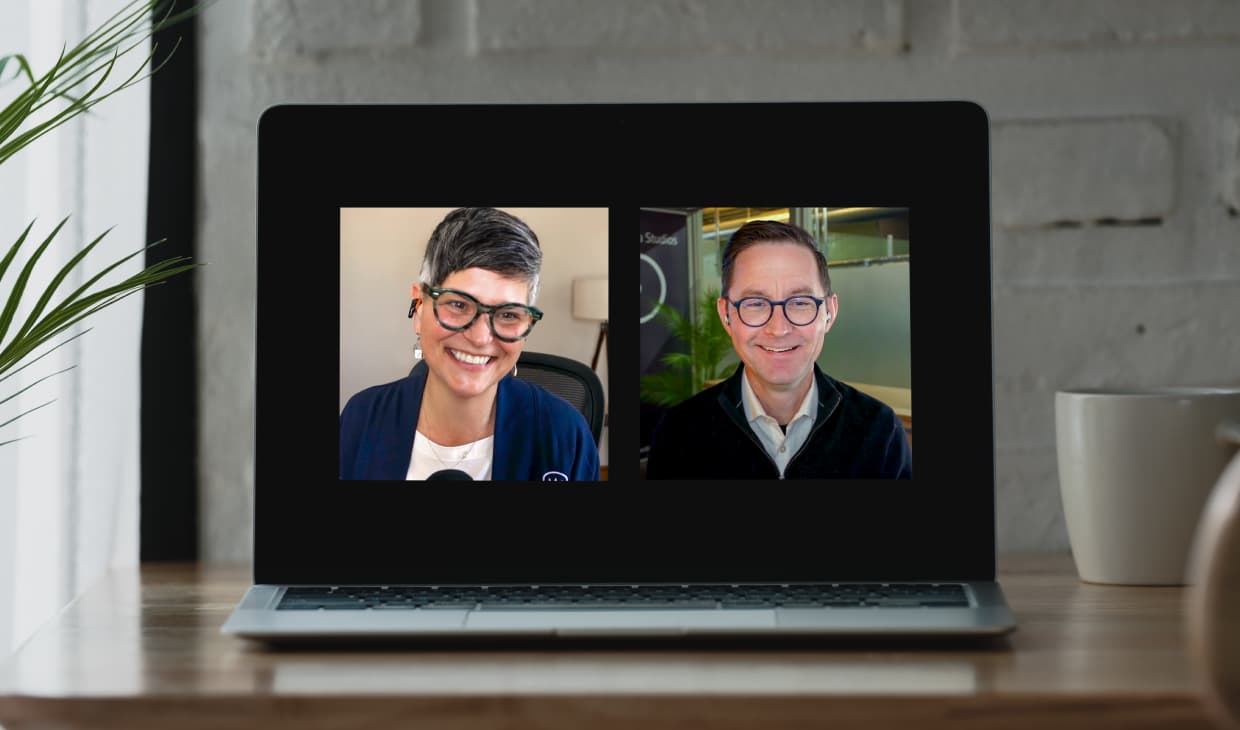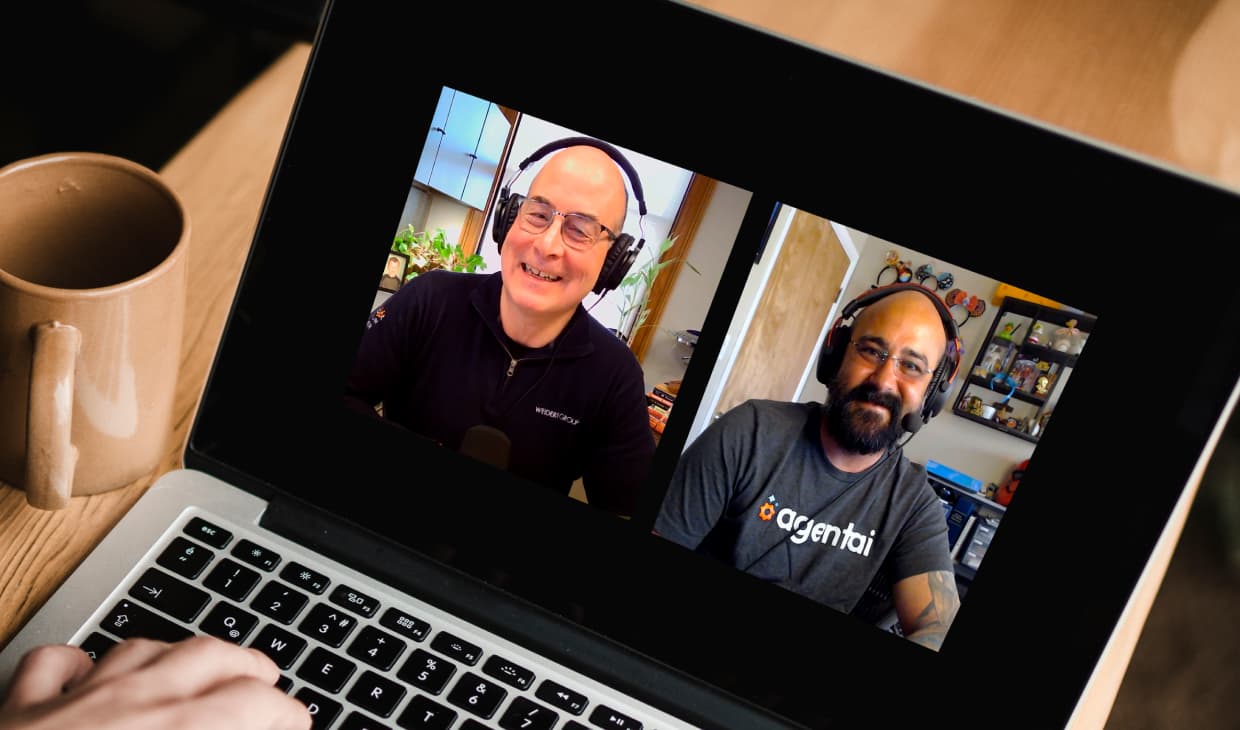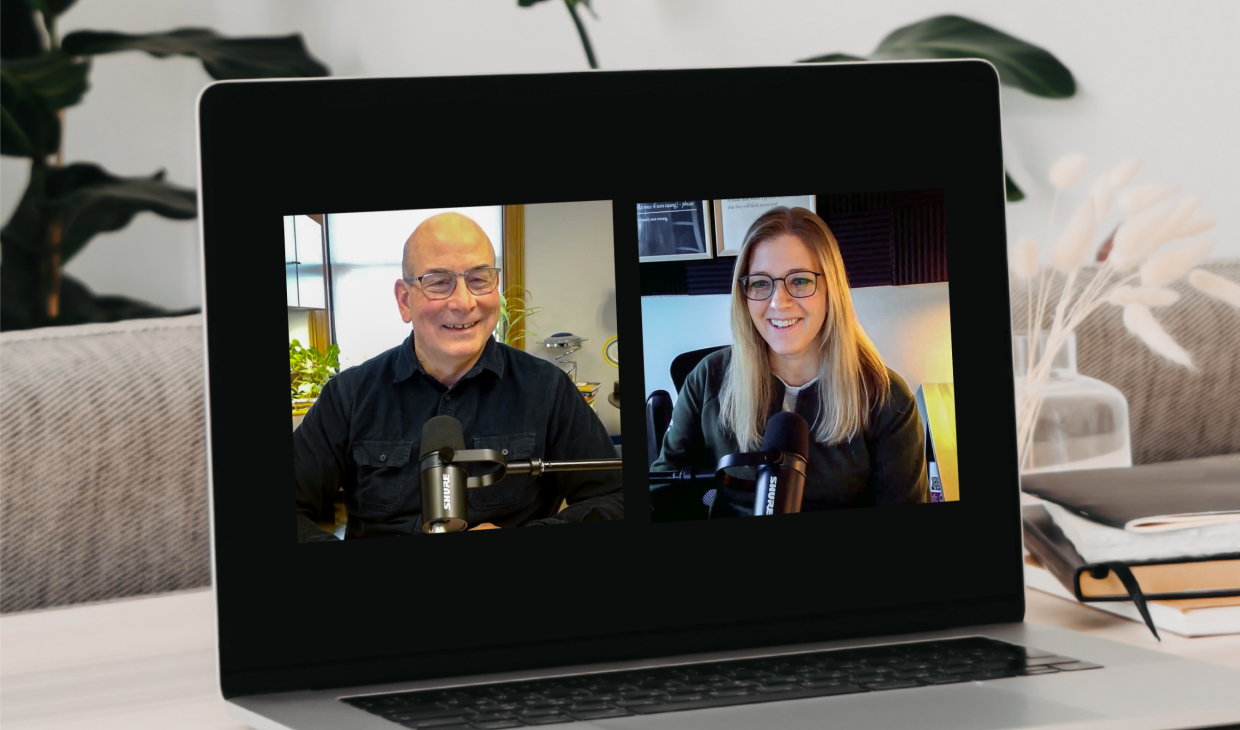20 Questions to Ask When Creating B2B Marketing Content
Written by
Creating advanced content for your B2B company or client can seem daunting. There are a lot of questions you need to ask yourself (and answer) before you get started. The first is, "What is advanced content?"
Simply put: advanced content helps advance visitors in your sales and marketing funnel by converting them into leads. This type of content typically goes beyond a blog post and includes more extensive information on a topic.
Advanced content should be a vital piece in anyone's B2B content marketing strategy. Whether you’re an old hat or are just getting started as a B2B marketer, here are 20 questions you should ask when creating advanced content.
RELATED CONTENT: Guide to Inbound Marketing for Industrials
1. What’s the topic?
Simple, yet important. When you have a very specific topic, your writing will be more focused. Try not to be too broad and too thin. Instead, hone in one aspect and cover it thoroughly.
2. Why am I creating this content piece?
Is this piece to generate leads, build your company’s thought leadership, or to promote a specific product? Consider your goals and clearly define your key performance indicators (KPIs).
3. How will people view this piece?
Consider the content format. Will it be downloadable content only, or might it also be printed professionally to hand out to potential customers? Is it something that can be viewed directly in an email? Knowing how prospects will consume your content will help inform your decision.
4. What type of advanced content is it?
What is the best way to deliver this information? Should this piece be an eBook, whitepaper, or tip sheet? Or maybe it will be a comparison chart, case study, video, infographic, or guide. Consider doing a content audit if you’ve already got a library of resources and ensure you’re offering diverse options.
SEE MORE: [Infographic] 20 Types of Advanced Content
5. Are there brand standards I need to incorporate?
Is there language you should use or a style guide you should reference? What about specific imagery, colors and fonts? Maintain your B2B brand and stay consistent from one piece to the next.
6. What stage of the buyer’s journey will this content piece fall under?
Once again, reviewing your existing content can help determine where you need more focus. If you’ve got a lot of decision stage resources, consider adding more top-of-the-funnel content.
- Awareness stage: The buyer realizes he or she has a problem and begins looking for a solution
- Consideration stage: The buyer defines the problem and researches options to solve it
- Decision stage: The buyer is ready to choose a solution
7. Who is the target audience I’m trying to reach?
What is their job role? What types of questions may they have and what are their key business pains? It’s important to understand these questions so that you can write specifically to these readers.
8. Is there anyone else who would benefit from reading this content piece?
Could a secondary audience benefit from reading this? For example, if you're writing a guide for CEOs, HR managers might fit within your buyer persona profile as well. While it’s important to reach decision makers, don’t discount the role that influencers have in purchasing decisions.
9. Why is this piece relevant?
In other words, what’s going on in the industry that would make people want to read more? For instance, if supply chain disruption or material prices are big issues, consider writing an eBook on one of the topics. Always stay relevant.
10. What type of tone should be used?
Should the tone be educational, professional, or conversational? Remain consistent with other material you’ve published. If you’ve written more technical content in the past, a sudden shift to a casual tone might feel out of place.
11. Can I interview someone who will provide additional insights?
These individuals do not need to be from your organization. Maybe you know of an industry thought leader or analyst. Just make sure they are credible and would be a positive addition to your content piece.
12. Would imagery be useful to incorporate throughout the content piece?
Sometimes, heavy text can intimidate readers. Add in related icons and photos when appropriate to help break up text and to help convey your message. For images, remember to include alt text for search engine optimization (SEO).
13. What do I want readers to do after reading this?
Guiding readers toward their next steps is often referred to as the Call-to-Action (CTA). If you want them to contact someone in sales, then provide the necessary contact information. If you want them to visit a website’s “contact us” page, provide the link. This is a crucial part for your content piece as it can help turn subscribers into qualified leads.
14. What are my deadlines?
Besides the main deadline of when this content piece should be completed, don’t forget about smaller deadlines such as completing the first draft, multiple rounds of revisions, layout and design, an email promoting the piece, etc. Make sure you give yourself and your team enough time to complete tasks in a reasonable timeframe.
15. What solution can you provide to your readers?
If this content piece falls under the “decision stage” category, it's appropriate to feature a specific product or service at the end of the piece. If it falls under the “awareness stage,” don’t be too sales-y. Remember, readers likely aren’t ready to make any serious decisions without brand awareness. Instead, include contact information or a link to a specific web page for readers to peruse or to download more resources.
16. Should this piece be gated or ungated?
Consider whether you want to require that your target audience fill out a form in exchange for your advanced content. There is value in “giving away” some of your content without asking for anything in return. Case studies are often ungated since they’re mostly touting your company’s success stories.
17. How am I going to promote this advanced content?
You should feel proud completing this informative content piece, so let’s put this piece to work and generate leads. Do you have a landing and thank you page created? What about preview images? Consider which social media platforms you want to promote your piece of content on, too.
READ MORE: Landing Page Best Practices and Guidelines
18. Is the landing page and content piece optimized for SEO?
In today’s marketing landscape, we need to write first for humans and secondly for organic search engines. Use strong keywords in your H1 and H2 headlines and throughout your copy to help it rank higher in SERP. These SEO tools can be a big help.
19. Should I feature the resource on previously published blogs?
Chances are, you’ve got several published blog articles that are related to your newly created content piece. Consider going through the most relevant blog articles and adding the new piece as an inline CTA or replace less relevant CTAs where appropriate.
20. Should I get outside help developing my content?
We work with a lot of manufacturers, managed service companies and other complex industries who have small and sometimes non-existent marketing teams. In fact, many organizations have someone who wears many hats and simply doesn’t have the time to dedicate to inbound marketing or writing (let alone designing) great content.
If that sounds like your situation, it might be time to consider working with a marketing agency like ours to help you develop a strategy and deploy it. At Weidert Group, we become an extension of your organization, basically becoming your marketing team. If you’d like to learn more about our full range of inbound marketing services, please reach out for a free consultation.
If you want to get started creating great B2B content on your own, download our free content creation template below — it even includes checklists to help make your life easier.
Subscribe To Our Blog
Information. Insights. Ideas. Get notified every time a new Weidert Group blog article is published – subscribe now!
You May Also Like...

Artificial Intelligence
Revenue-Driving B2B Content Marketing Strategy with Andy Crestodina

Artificial Intelligence
AI Agents Are Here—How Smart Businesses Are Using Them Now

Inbound Marketing
Podcasting Playbook: What We Learned After 100 Days of Running a B2B Podcast
Accelerate Your Growth with
Weidert Group
If you’re ready to explore a partnership, request a personalized consultation with our team.

